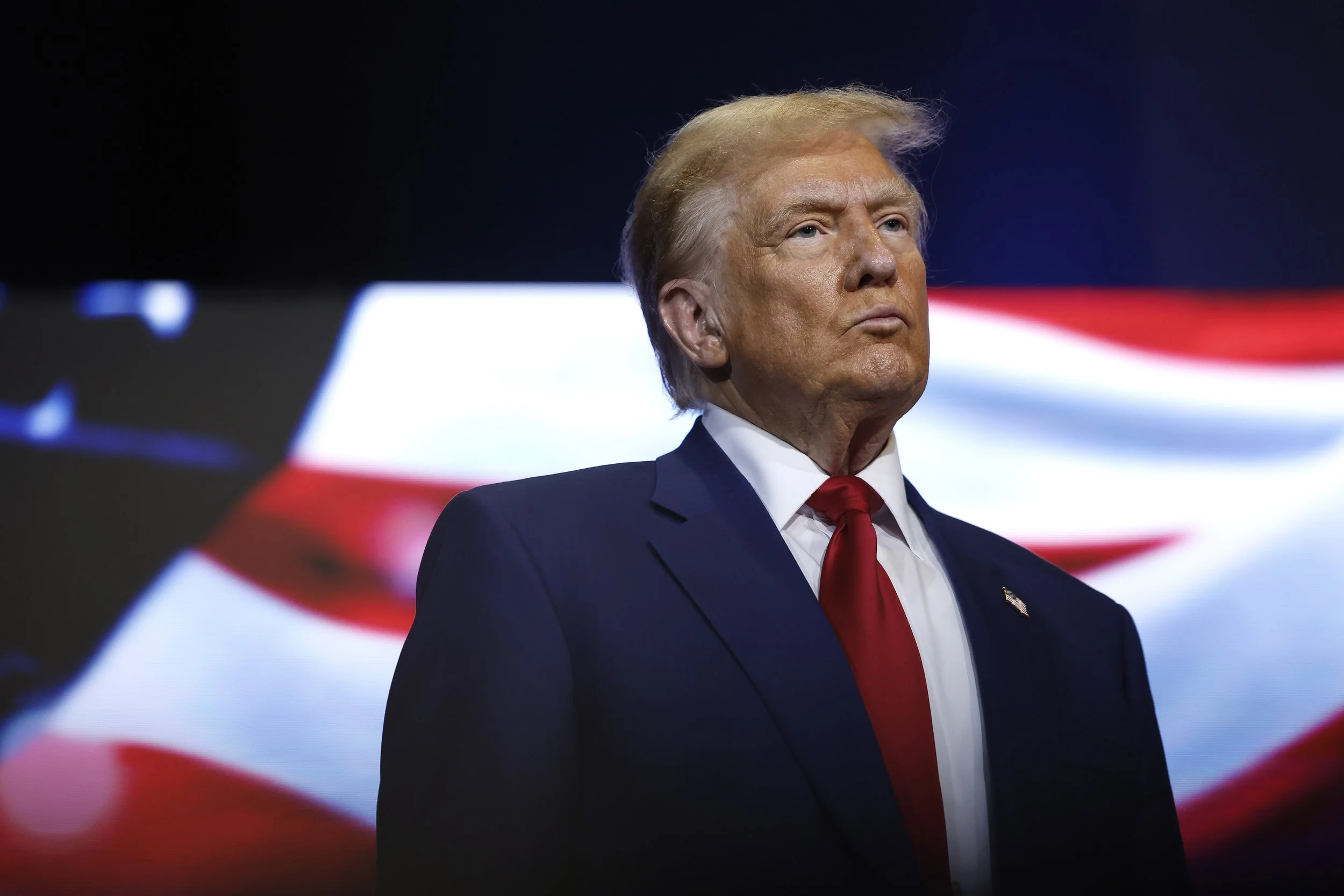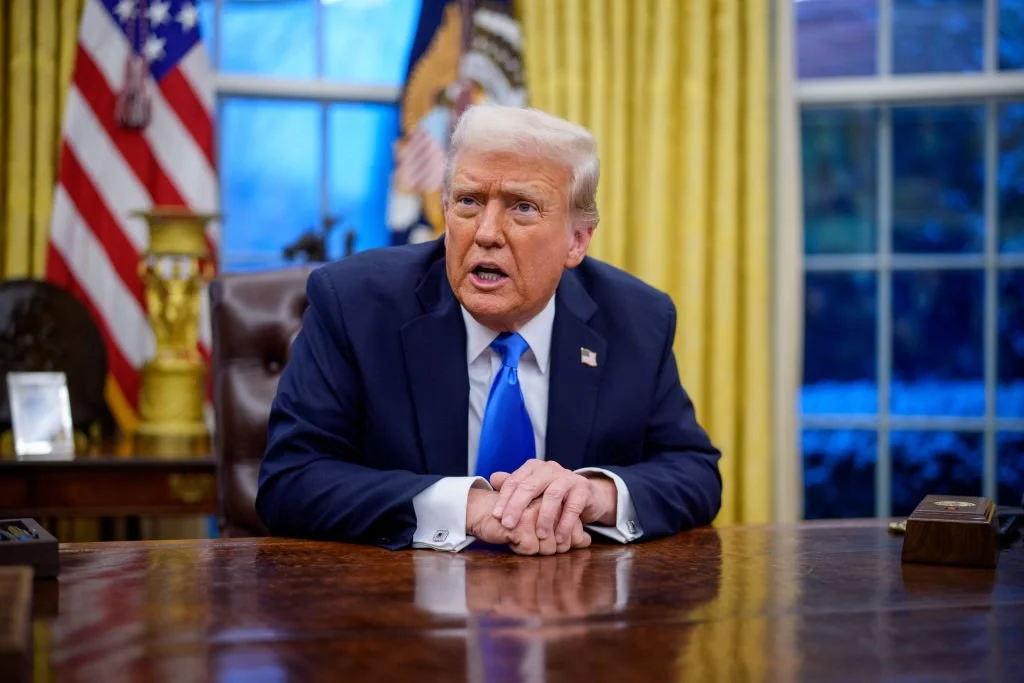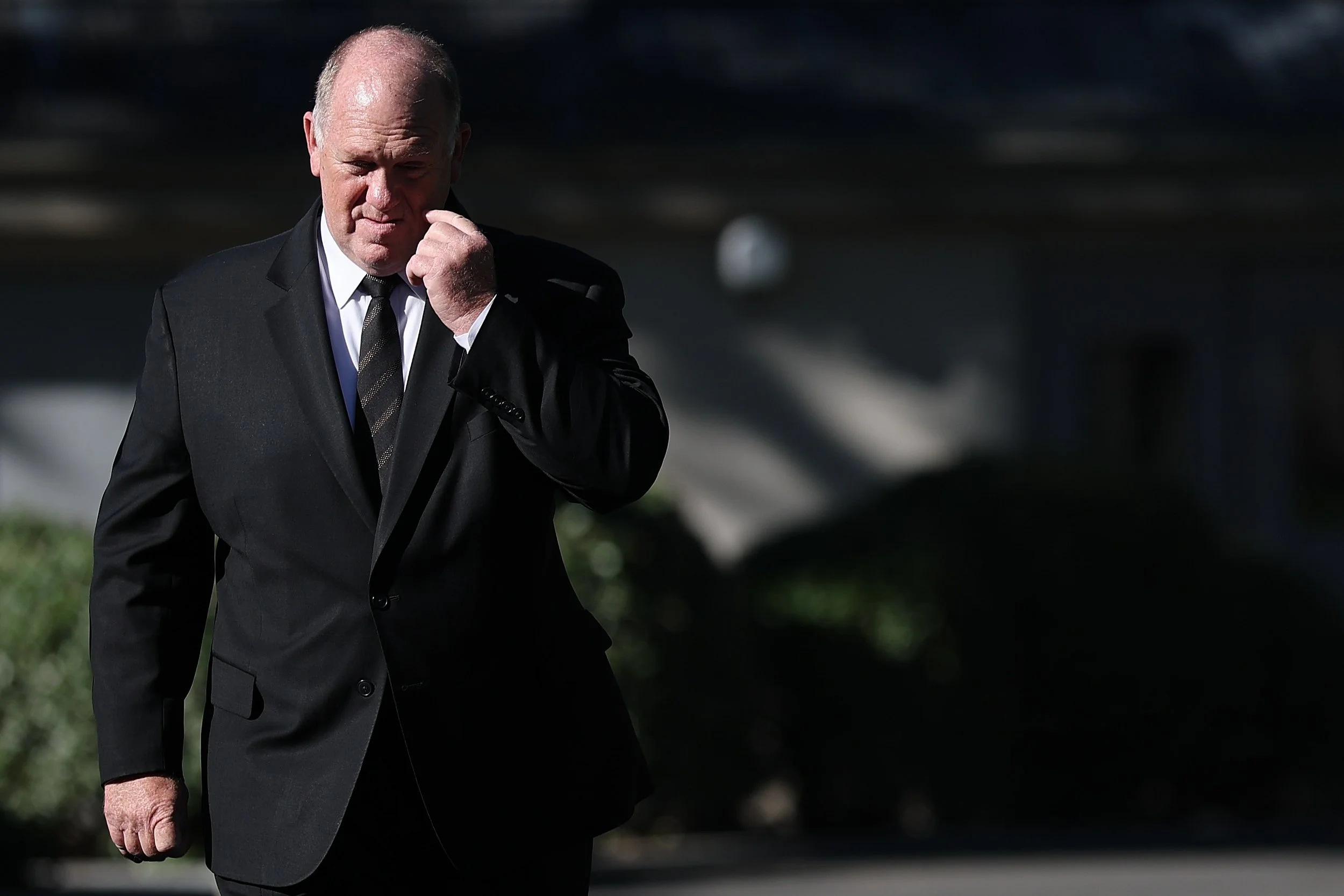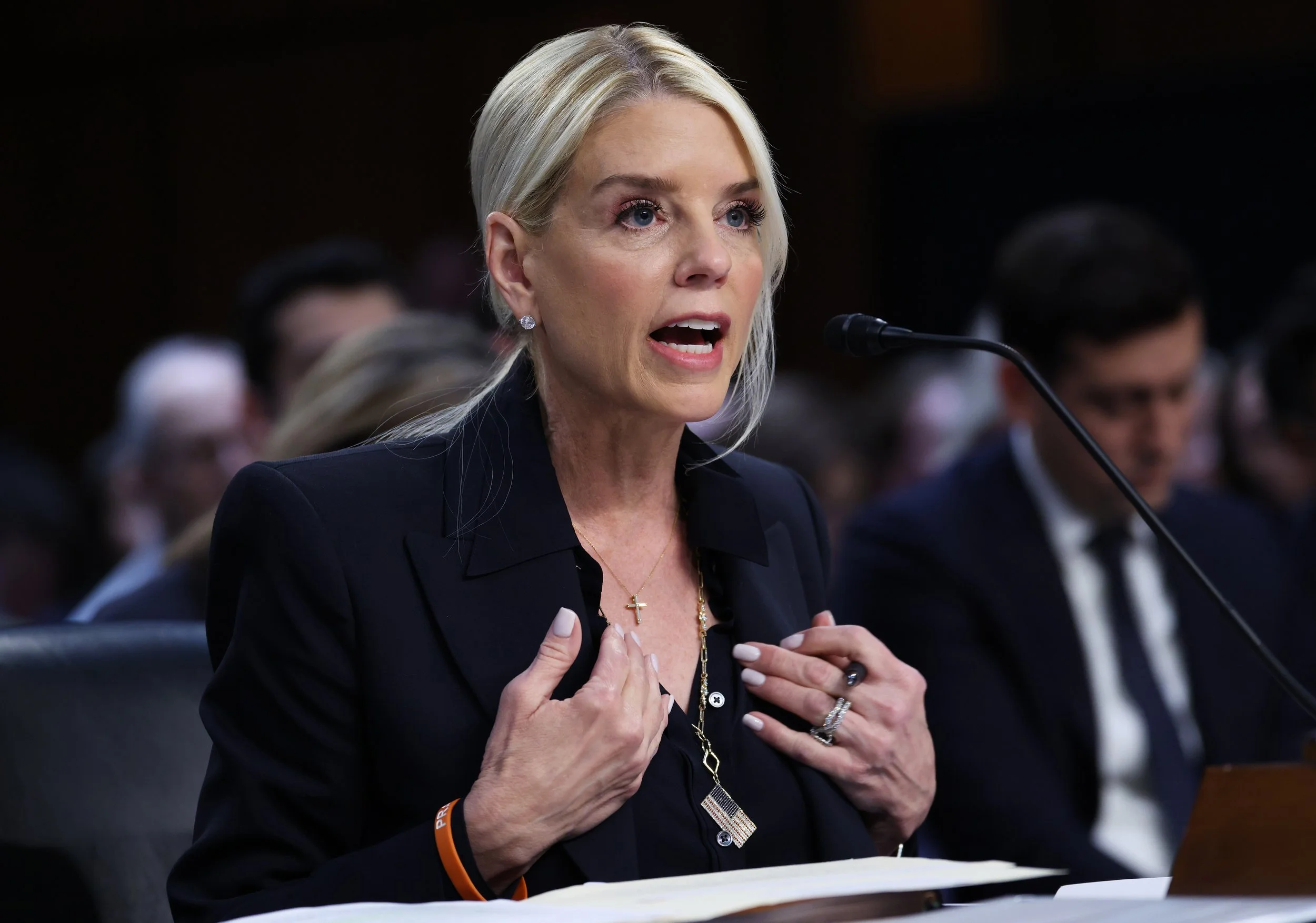AI Regulation Becomes States’ Right Issue As Senate Debates ‘Big, Beautiful Bill’
A provision in President Trump’s ‘Big Beautiful Bill’ would ban states that take certain federal funds from regulating artificial intelligence (AI) for at least 10 years.
The latest version of the provision, as released by the Senate Commerce Committee, would restrict states from regulating AI if they take federal money from a $500 million fund that supports AI infrastructure.
On Thursday, the Senate parliamentarian who enforces the chamber's rules asked the committee to rewrite the language to clarify the move would not impact $42 billion in broadband funding, as it initially would have.
It’s not the only issue the nonpartisan parliamentarian raised Thursday. She also said Medicaid cuts — critical to efforts to reduce the bill’s price tag and garner GOP support — did not comply with Senate rules.
Republicans who like the idea of limited regulation have argued it’s important to give the tech industry leeway, while preventing a patchwork of differing state laws in regards to AI. But there are other lawmakers, including some Republicans, who argue this provision is a threat to state rights and doesn’t address common concerns with AI, such as misinformation, deepfakes, and job losses.
ISSUE AT PLAY
The loudest GOP opponent of the provision has been Rep. Marjorie Taylor Greene (R-GA) who said that she was unaware of the AI regulation ban when she voted to pass the bill in the House last month. She has vowed to vote against the bill when it returns to the House if the Senate doesn’t remove the provision.
Other Republicans like Sen. Josh Hawley (R-MO) and Sen. Marsha Blackburn (R-TN) are also against it, with Hawley vowing to work with Democrats on an amendment that would strike the policy from the final bill.
State lawmakers are unhappy, with a bipartisan group of 260 state lawmakers from all 50 states signing a joint letter opposing the measure. Forty state attorneys general have also come out against it.
The International Brotherhood of Teamsters, which is a union that represents more than 1.3 million workers, has called the measure, “a disaster for communities and working people,” and suggested it denies local leaders the ability to make choices at the state and local level.
On the other side, U.S. Commerce Secretary Howard Lutnick said the measure would end “the chaos of 50 different state laws and makes sure American companies can develop cutting-edge tech for our military, infrastructure, and critical industries.” Tech industry trade groups have also backed the move, saying it will allow for U.S. innovation.
It is unclear whether the Senate will vote on stripping the AI provision, but it would likely happen shortly before the bill’s final passage, which Republicans hope to accomplish before July 4.














